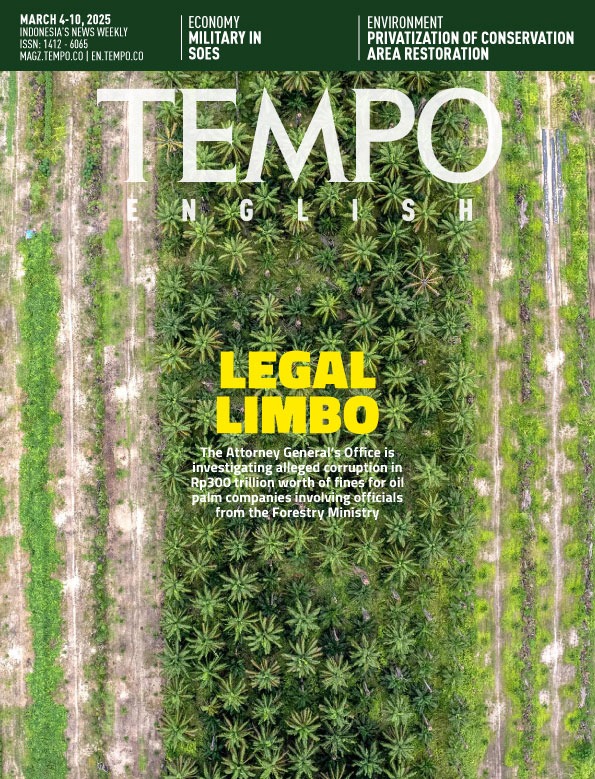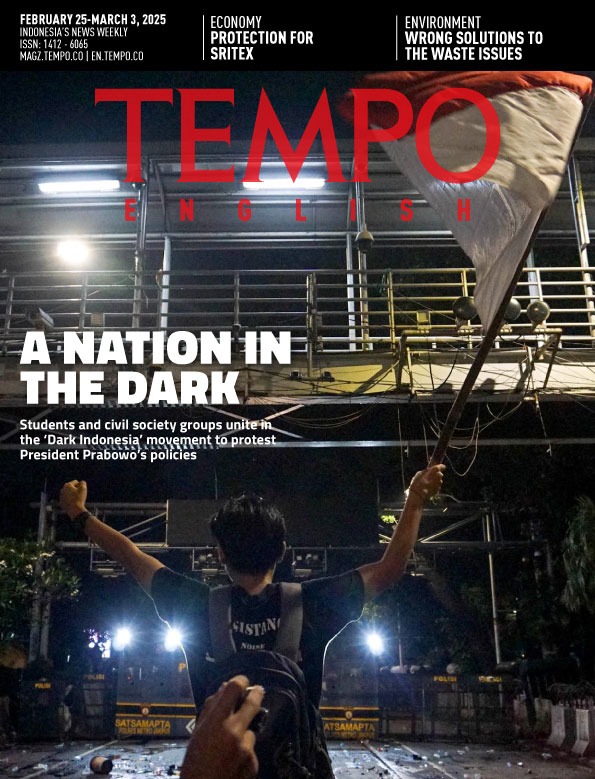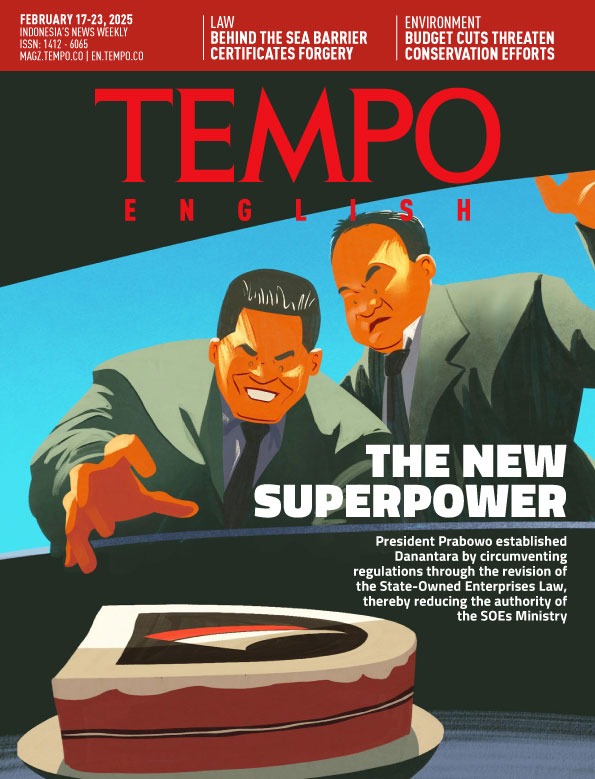A Back Alley to Avoid Economy Contraction
Tuesday, May 12, 2020
arsip tempo : 174196847949.

Even the government got it wrong. At the end of Q1-2020, the economy only grew by 2.97 percent year-on-year, much lower than government’s estimate at 4.6 percent. It is really shocking since the Covid-19 pandemic just affected Indonesia in the last month of the first quarter. Yet, its impact was already so severe.
This is clearly a terrible signal. The negative effects of Covid-19 on the economy throughout Q2 of 2020 will certainly run dee
...
Subscribe to continue reading.
We craft news with stories.
 For the benefits of subscribing to Digital Tempo, See More
For the benefits of subscribing to Digital Tempo, See More








